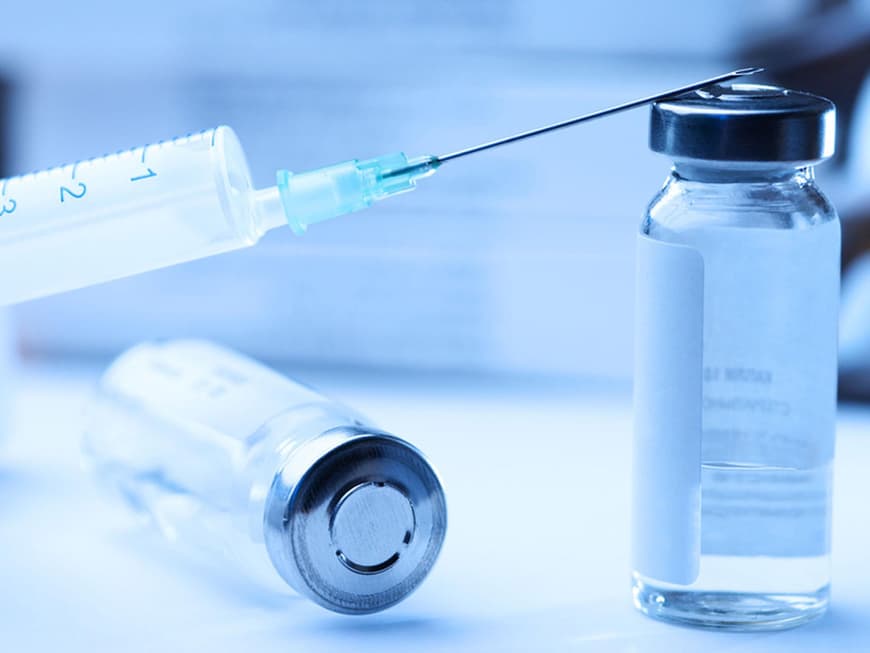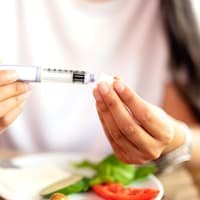
The hormone is involved in key processes in the body
We ingest carbohydrates with our food, which are then converted into glucose in the stomach and intestines. It provides energy and ensures that organs and the brain can perform their functions. However, many cells cannot absorb glucose directly from the blood. In this case, insulin is the key that opens the door for glucose to enter the cells. Normally, the body adjusts the insulin requirement to the amount of glucose in the blood. But for many people, this system does not work properly. In Germany alone, one in ten people suffers from diabetes.
Without insulin, the sugar remains in the blood - often with serious consequences
In people with type 1 diabetes, the pancreas does not produce insulin. They are particularly dependent on artificial insulin. Type 2 diabetes accounts for around 90 percent of all cases of diabetes. In this case, the cells respond poorly to insulin. Those affected need more insulin than they can produce themselves. Without an external supply, the glucose in the blood can clog veins, damage nerves and thus affect the kidneys and eyes.
Signs of diabetes are often not immediately recognizable
Many people don't even know they have the disease, as it develops gradually and without acute symptoms. Possible symptoms of type 1 and type 2 diabetes can include frequent urination, severe thirst, dry or itchy skin and tiredness. If you suspect that you have diabetes, you should definitely have yourself tested by a doctor.






